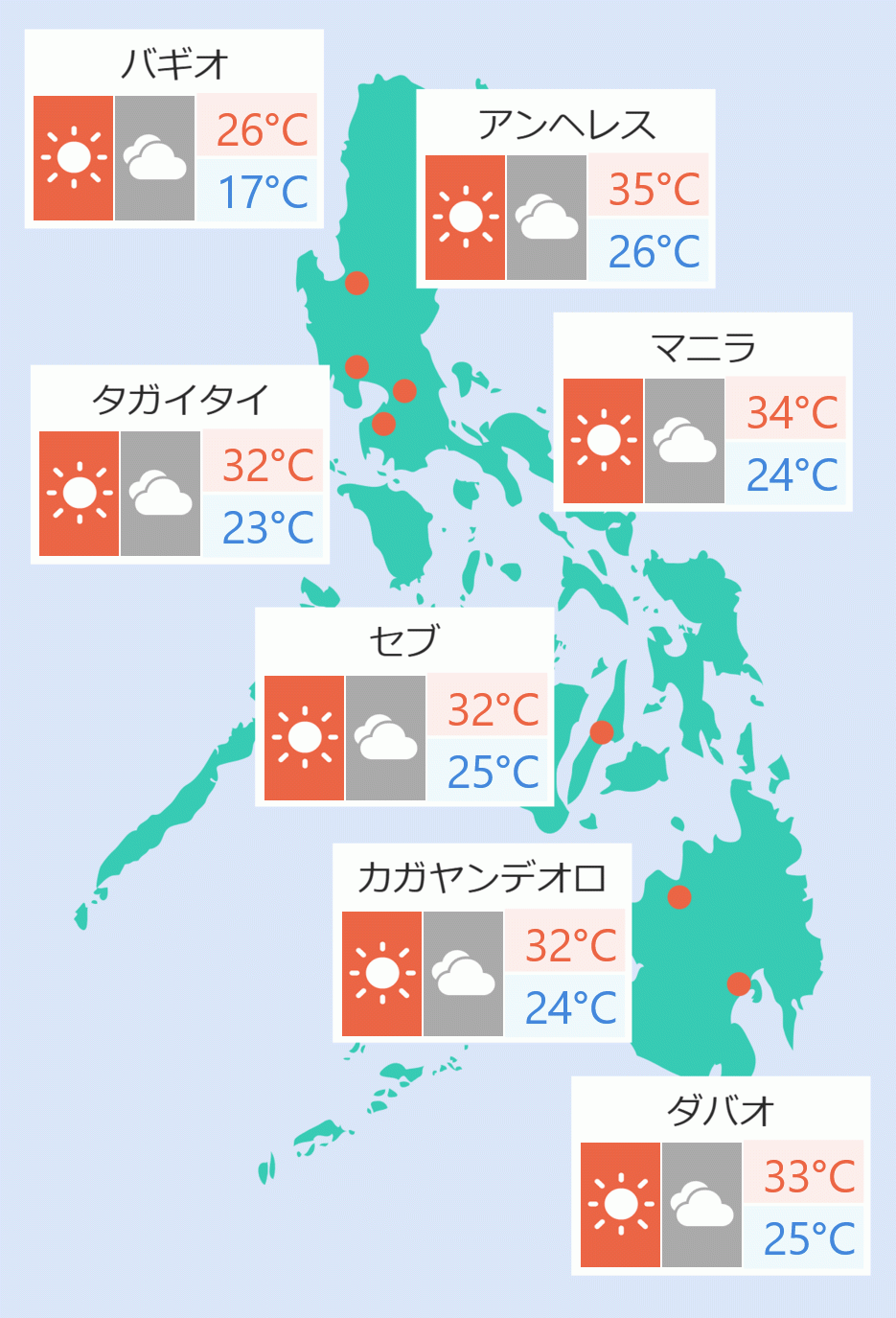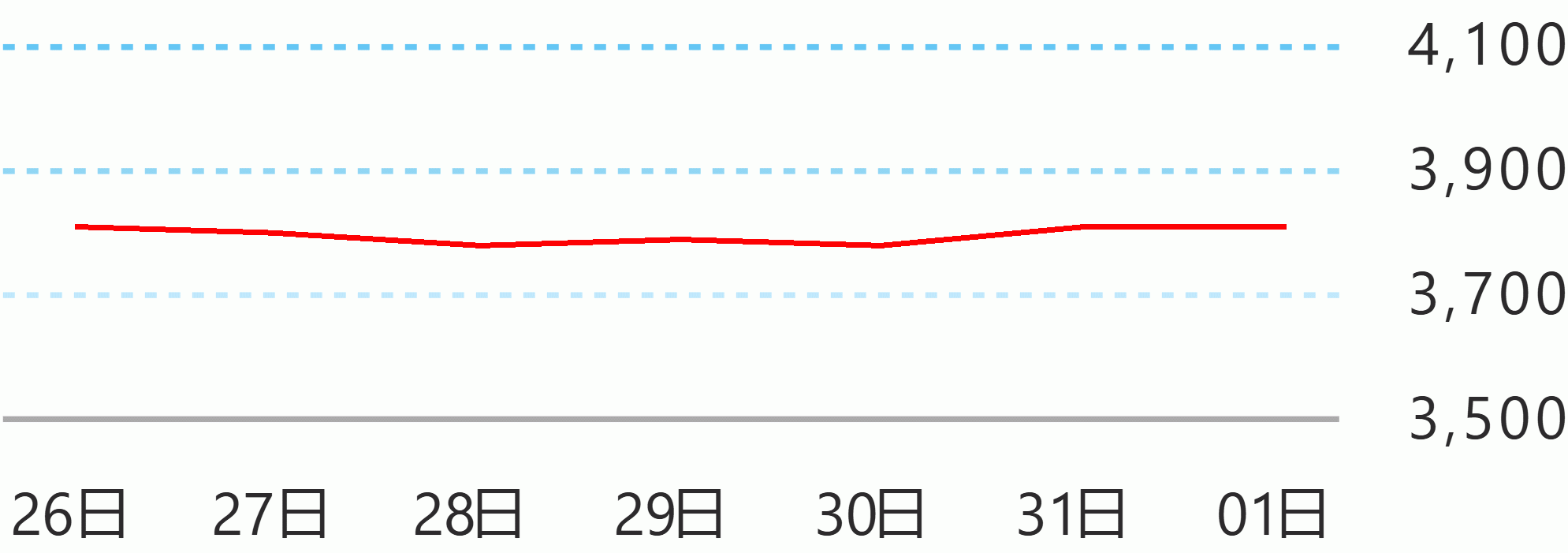Real Estate Investment Trusts (REITs) in the Philippines have raised P76.42 billion thus far in new capital since the Duterte administration fixed the flaws in the regulatory framework of these financial instruments 21 months ago.
In a report to Finance Secretary Carlos Dominguez III, the Securities and Exchange Commission (SEC) said the total size or market capitalization of these REITs amounted to US$3.46 billion or 0.96 percent of the Philippines’ gross domestic product (GDP) of US$362.24 billion as of the third quarter of 2021, based on the global survey conducted by the European Public Real Estate Association (EPRA).
This places the country’s less than 2-year old REIT sector in the middle of the pack among 12 selected economies in the South and East Asian regions in the EPRA Index, ahead of Taiwan, South Korea, India, Indonesia, and China, the SEC said in its report.
Dominguez said the successful initial public offerings (IPOs) of REITs under the Duterte administration make up a vote of confidence in the country’s ability to tread a path towards a solid recovery despite the difficulties spawned by the unprecedented pandemic-induced health and economic crises.
Based on SEC data as of Nov. 15, Robinsons Land Commercial REIT (RCR) raised the biggest amount with P21.56 billion in fresh capital from its IPO.
The Megaworld REIT (MREIT) followed with P15.29 billion in funds raised from its IPO as of Nov. 15, while DD Meridian Park REIT (DDMP REIT) was third as it secured P14.71 billion in new capital.
Filinvest REIT Corp. (FilREIT) was able to raise P12.58 billion and Ayala Land Inc.’s AREIT Inc, P12.28 billion as of Nov. 15.
Citicore Energy REIT Corp. which is planning an IPO in the first quarter of 2022, expects to raise P10.1 billion from its public offer, the SEC said.
Under the improved implementing rules and regulations (IRR) of the REIT law issued by the Duterte administration, the capital raised by REIT sponsors/promoters should be reinvested in the country to develop and deepen the domestic capital markets, broaden the participation of small investors in real estate investments, and help finance infrastructure projects in the country.
The 5 REITs that have raised funds from their IPOs and stock trading have reinvested or plan to reinvest their proceeds in malls, office towers, hotels, dormitory residences, warehouses and storage buildings, residential buildings, mixed-use developments, and industrial lots and land acquisitions, retail projects, commercial center, industrial developments and real estate joint ventures.
Of the P79.87 billion required to be reinvested by the 5 REITs, a total of P22 billion has been reinvested as of Nov. 15 by AREIT, DDMP, FilREIT, and RCR, the SEC said.
As of Nov. 15, no data is available on the actual reinvestments of MREIT, which was listed only on Oct. 1.
AREIT, the REIT pioneer in the country, made the largest reinvestment so far of P13.76 billion out of its required reinvestment of P19.31 billion, since its shares of stock were publicly offered in August 2020, the SEC said.
DDMP has reinvested P6.1 billion of its required P12.87 billion for reinvestment, while FilREIT reinvested P1.57 billion of its required P12.13 billion.
RCR, which was listed only in September, reported reinvestments of P583.15 million out of the P20.86 billion it needs to reinvest.
The Duterte administration was able to resolve in 2020 the issues that prevented REITs from taking off since the law governing it was enacted 12 years ago.
Dominguez noted that it was the Duterte administration that “took on the challenge of crafting a regulatory framework for REITs that is right for the country.”
He said the REIT has proven to be the ideal tool for raising the billions of pesos required to power property development in the country while at the same time opening attractive and dependable investment opportunities for the average Filipino. DOF





 English
English










